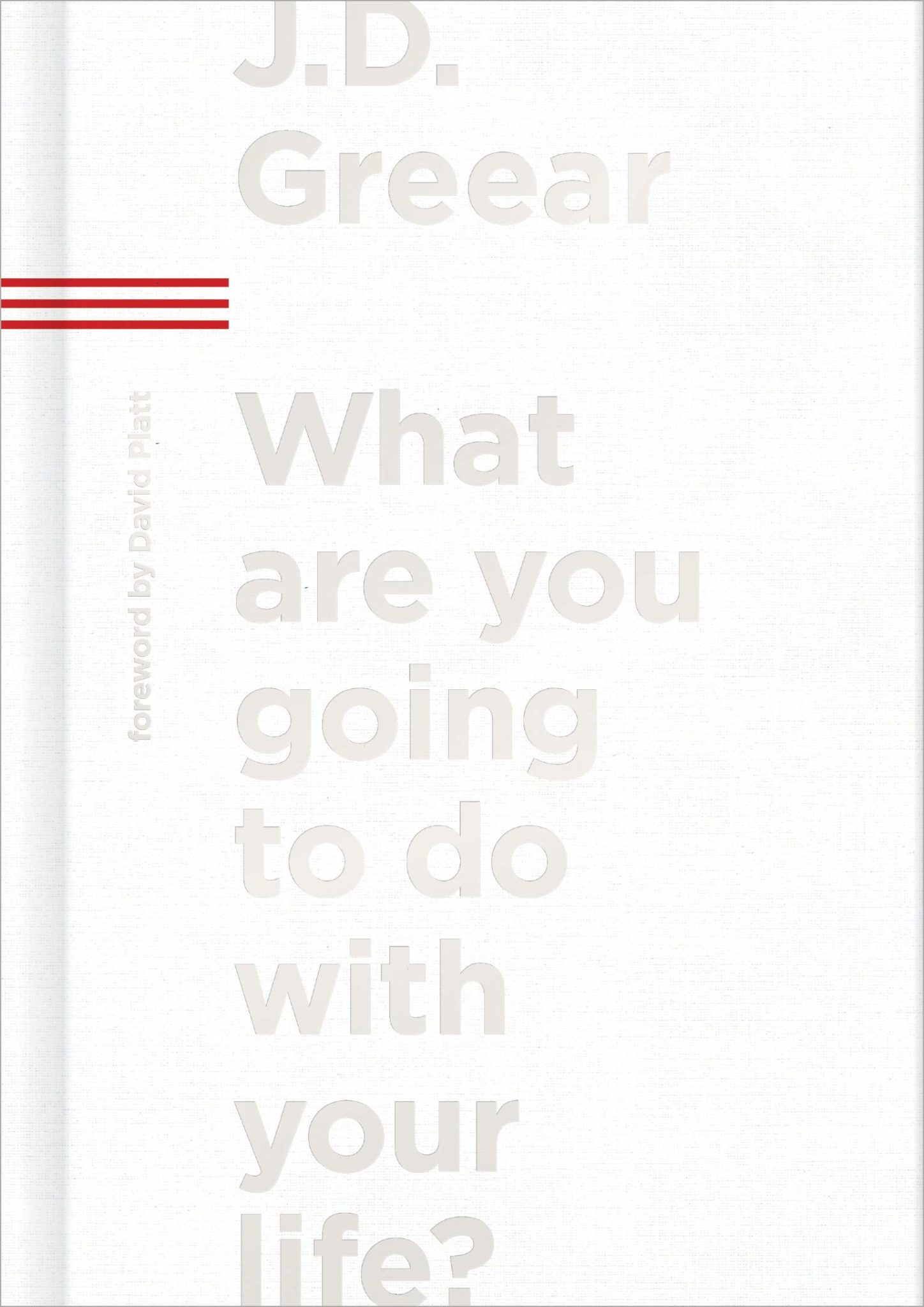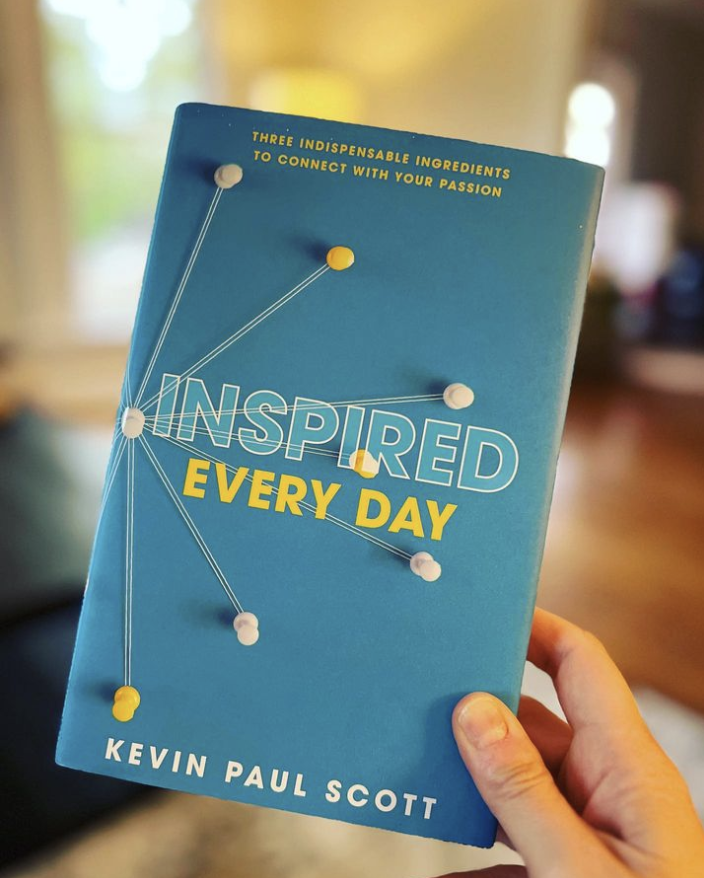
At Your Best by Carey Nieuwhof was a great book to wrap up the summer and kick off the school year! The principles in it will definitely go on my annual review strategy list. As the school year gets underway, lots of things will be clamoring for my attention…that makes sense, I’m a high school principal. However, not all those things should get my attention. I need to make sure I’m making room for the things that matter most. Each year, I start the school year by reading a letter to our faculty and staff to line out my expectations as we head into the year. One thing I say each year is that I hope that their time on our team brings them and their family great joy as they live out their calling. I have to lead the way in that personally and by modeling helpful guardrails in the way that I allocate my own time and energy.
I highlighted several things while reading and have posted those notes below…
- Our inability to control our use of technology is making us sicker, more anxious, and more distraught than ever before. p. 9
- As I studied top performers, I realized they moved way past time management and were highly focused on managing not just their time but their energy. Usually they had one thing in common: they did what they were best at when they were at their best. p. 15
- If you don’t declare a finish line to your work, your body will. p. 20
- Time off won’t heal you when the problem is how you spend your time on. p. 23
- Hijacked priorities happen when you allow other people to determine what you get done. p. 27
- I am the most kind when I have the most margin. p. 35
- Time doesn’t discriminate. With the two exceptions of the day you’re born and the day you die, everyone gets exactly the same amount of time every day. p. 45
- Stop saying you don’t have the time. Start admitting you didn’t make the time. p. 49
- Balanced people don’t change the world. Passionate people do. p. 54
- The key to living passionately is to focus your time on what is truly most important to you and to choose to do those things wholeheartedly, with enthusiasm. Stress makes you skim. p. 54
- “You must match time’s swiftness with your speed in using it, and you must drink quickly as though from a rapid stream that will not always flow.” – Seneca p. 77
- Making the right investments with your time and energy can produce some outstanding returns, like making the right financial investments does. p. 77
- To find your gifting, ask yourself and people close to you these questions:
- What seems effortless to me that seems difficult or complex to others?
- What talent do I keep using in different settings?
- What do other people affirm in me as my gifting and talent? p. 83
- The key to finding your passion is to look for things that give you energy. p. 83
- To identify your passion, ask yourself these questions:
- What tasks do I most look forward to doing?
- What things energize me as I do them?
- When do I lose track of time because I’m enjoying what I’m doing so much? p. 84
- The more naturally gifted you are at something, the easier it is to spend less time on it, not more. p. 90
- You cheat your gift when you use it but never take the time to develop it. p. 91
- Being around is no guarantee that anything relationally significant will happen. p. 104
- Nobody will ever ask you to accomplish their top priorities. They will only ask you to accomplish theirs. p. 114
- If you really had to audit your days, how much of what you spend your time on is neither urgent nor important? p. 117
- Without a strategy for saying no, you default to yes, and your life vaporizes with other people’s priorities being realized rather than yours. p. 121
- When you’re tempted to dave, remind yourself that because time is a limited commodity, saying yes to something good now will lead you to say no to something great later. p. 124
- While COVID-19 was involuntary and cruel, removing entire categories of things from your calendar and life to liberate your priorities is a wonderful voluntary practice as well. p. 126
- You don’t even really need an enemy to interrupt you. You have one. It’s a perpetually distracted you. I can interrupt myself and get off track all by myself. p. 133
- As Nir Eyal pointed out in Indistractable, the opposite of distraction isn’t focus. The opposite of distraction is traction, which comes from a Latin word meaning “to draw or pull,” like a tractor, horse, or truck pulls things forward. To put it simply, the reason you don’t have traction on the goals and priorities you’ve set for yourself is that you often get distracted. p. 133
- The philosopher Friedrich Nietzsche, who also walked every day, wrote that “only thoughts which come from walking have any value.” p. 142
- “Love is something more stern and splendid that mere kindness.” – C.S. Lewis, p. 146
- The people who want your time are rarely the people who should have your time. p. 150
- If you spend your time with draining people, you’ll live much of your life feeling drained. p. 154
- “You don’t think your way into a new kind of living but live your way into a new kind of thinking.” – Henri Nouwen, p. 169
- A blank calendar is pretty much a guarantee that you’ll spend your time on everyone else’s priorities, not yours. p. 172
- In an overwhelmed culture, your agility is the cap on your ability. p. 191
- When you find yourself in a place of unexpected change, work through these eight questions to help you diagnose the problem:
- What’s taking my time that shouldn’t be?
- What do I need more time to work on?
- What’s wasting my time?
- How are my zones changing?
- Whom should I start meeting with?
- Whom should I not be meeting with anymore?
- What’s changing in the nature of my inbound requests?
- What categories do I need to rethink? p. 195
- “What our life amounts to, at least for those who reach full age, is largely, if not entirely, a matter of what we become within.” – Dallas Willard, p. 204



